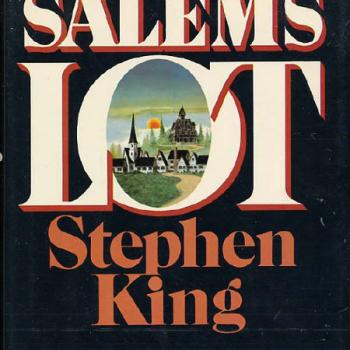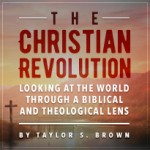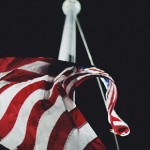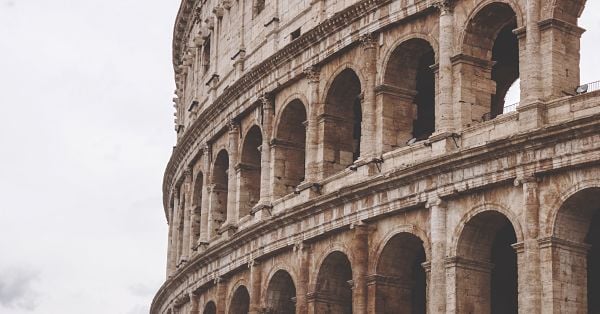I’ve recently been reading through James K. A. Smith’s book, Desiring the Kingdom: Worship, Worldview, and Cultural Formation (Baker Academic, 2009). I’ve interacted with some of Smith’s thought on the nature of cultural liturgies and how they form people before, but this is really my first deep dive into his writing on the subject.
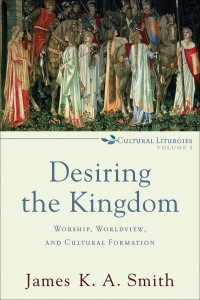
It is extremely prescient writing, especially for Christians living in late-modern/post-modern Western settings. In short, Smith’s thought the book centers around the reality that the ritual behaviors, and the cultural liturgies they comprise, shape us on the level of our desires. Or, paraphrasing the thought of St. Augustine, they direct and order our loves. Smith argues (rightly in my assessment) that humans, while indeed rational beings, are fundamentally desiring beings. We will pursue and order our loves toward that which we desire. Further, the liturgies we engage in are the primary means by which we work on ordering these desires.
If we are not actively engaging in formative, desire-shaping Christian practices and rituals (baptism, Eucharist, Scripture reading, prayer, etc.) then the secular world and its liturgies will exert their own shaping power upon us unimpeded. While Smith provides numerous examples of this (his most detailed example is in the intro of the book, where he uses the liturgies of the shopping mall to showcase how rampant consumerism shapes people to lust after and continually desire materialistic things that are of no lasting significance), one of his most immediately relevant examples comes in describing how American nationalism and patriotism shape people to place the state as the highest good, rather than the the Triune God:
The fact that there seems to be little tension between Christianity and American nationalism is not a function of the generosity (let alone “Christianess”) of the American ideal but rather a sign of a Christianity that has accommodated itself to these American ideals of battle, military sacrifice (which is very different from the Christian ideal of martyrdom), individual (negative) freedom [e.g. ‘freedom from’ rather than positive ‘freedom to/for’], and prosperity through property…many Christians experience no tension between the gospel according to America and the gospel of Jesus Christ because, subtly and unwittingly, the liturgies of American nationalism have so significantly shaped our imagination that they have, in many ways, trumped other liturgies” (107, emphasis in original).
In an America where the widening political divide increasingly demands the totality of one’s allegiance (0n either the Right or the Left), Smith’s views on the shaping power of cultural liturgies are all the more important. Without an active effort in regular, Christian formative rituals and liturgies (be they of the high church or low church variety), it is likely we will increasingly see many American Christians (especially American evangelicals) direct more of their allegiance toward rampant nationalism than toward Christ.



